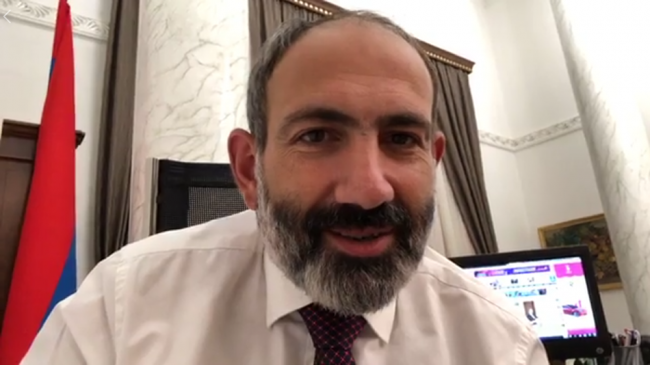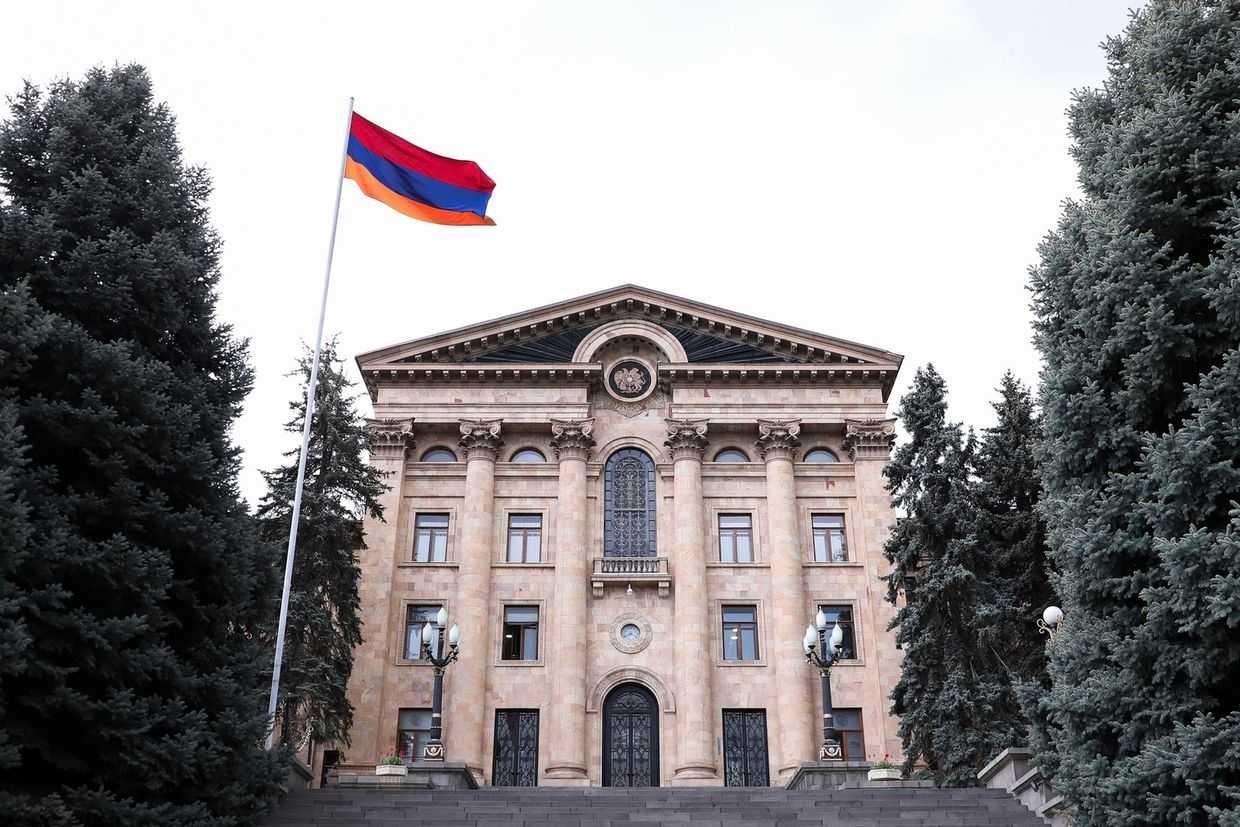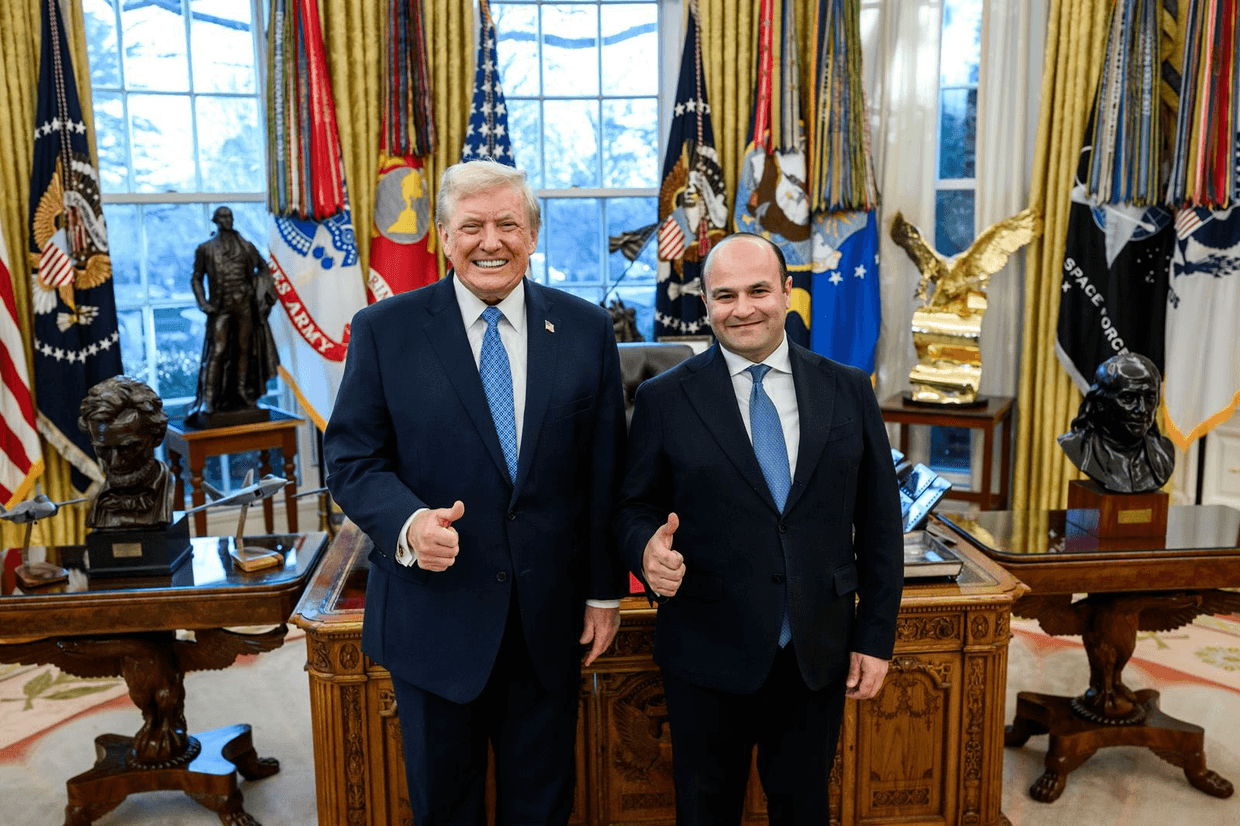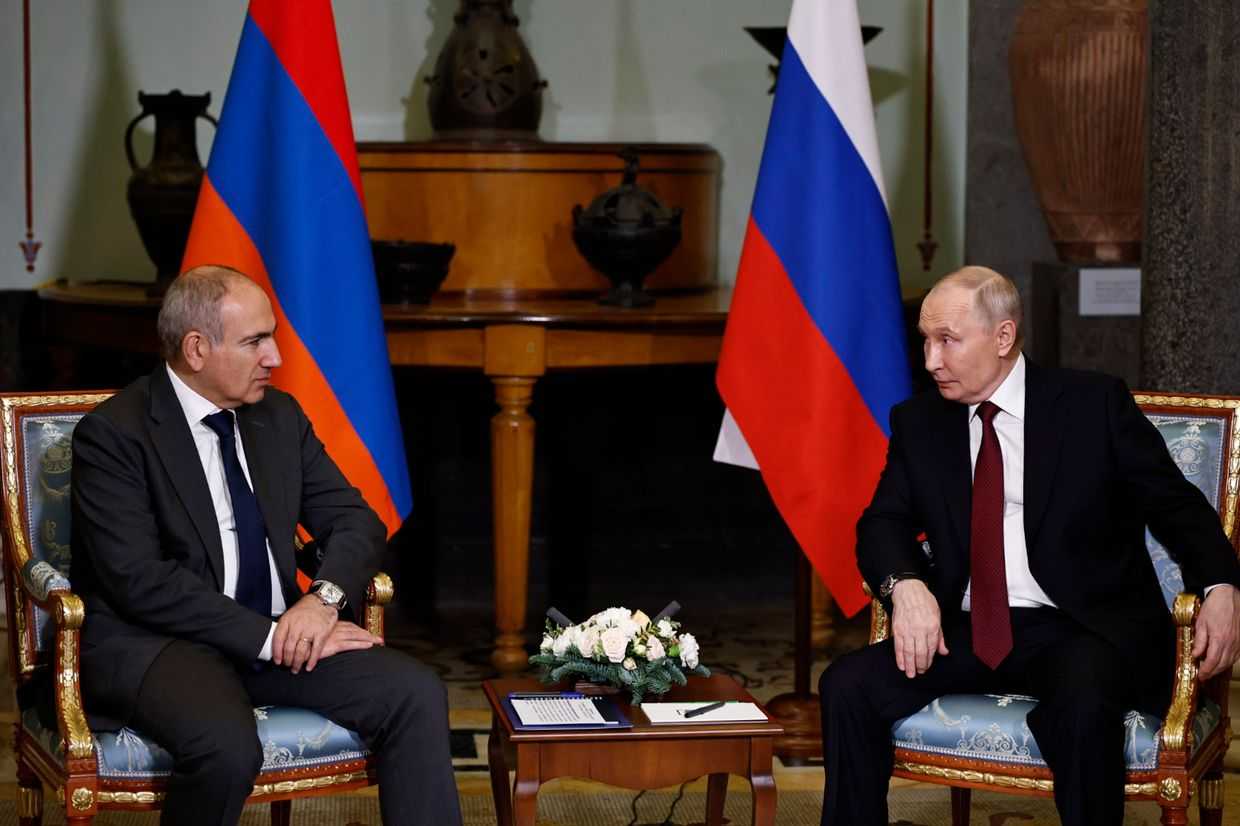


One month after Armenia’s Velvet Revolution brought an end to about two decades of Republican Party rule, Nikol Pashinyan’s government has inspired hope among many, but also has a lot of promises to fulfil.
‘Dvoyevlastiye’ Armenian style
To the outside world, the Armenian revolution ended on 8 May, when Nikol Pashinyan became prime minister. In reality, the internal political process remains tense and dynamic.
Leaders of the protest movement have assumed positions in the executive government, but their adversaries have kept significant influence over the government system, particularly the legislature, the judiciary, and local self-government. These include such key positions as the Mayor of Yerevan, the prosecutor general, and the rectors of most universities.
The peaceful and constitutional character of the change of government allowed the ancien régime to maintain their positions in governmental structures, but, most importantly, keep in place the informal clientelist network created throughout the years of the Republican Party’s rule. Hence, the situation in Armenia can be described by the term cohabitation, or ‘dvoyevlastiye’, to use a Russian term associated with the 1917 revolution, which literally means ‘having two governments’.
This state of affairs cannot be maintained for long, as the experience of most revolutions tells us. Apparently, the Republicans’ calculation is that the new inexperienced government will inevitably fail, and the Republicans will stage a triumphant return.
While this scenario is highly unlikely given the low approval rating of Republicans and continuing popularity of Pashinyan, Republicans still have enough resources to complicate issues for Pashinyan’s government. Besides, in an atmosphere of universal popularity and unrealistic expectations, Pashinyan’s government has little room to increase its support, so its approval ratings are likely to go down at some point. The question is to what extent.
As a result, if this situation continues long enough, the real winners may be the remaining political forces, such as the Armenian Revolutionary Federation and Prosperous Armenia, who may accumulate the support that Pashinyan’s block loses. However, at this point, the Armenian Revolutionary Federation and Prosperous Armenia are both a part of the governing coalition, and it is not yet clear what form their participation in future elections could take.
The upcoming snap election is one of the most discussed topics in Armenia. When Pashinyan was elected prime minister, the understanding was that a snap election must be called as soon as possible, in a matter of months. However, today it is obvious that calling a snap election will require time.
The Republicans are fiercely resisting the perspective of a snap election, as they realise that the election may be an electoral disaster for them. Besides, many Republican MPs, especially those who reportedly own significant businesses, are extremely interested in maintaining their parliamentary immunity at any cost. All this means that the Republican Party faction will try to postpone the election as long as possible. This means, according to the logic of choosing the lesser evil, that they will probably vote to approve Pashinyan’s cabinet programme in parliament, because if the programme is not approved it could lead to a snap election.
In the driver’s seat: the new government’s first steps
While Pashinyan’s supporters should be interested in holding a snap election as soon as possible, now they seem to have accepted that an election cannot be organised sooner than in a few months.
First of all, they have repeatedly announced that the election needs to take place after a significant revision of the electoral code, which in its current form is full of loopholes and opens the way for manipulation of the vote. Reforming it will take time, especially since the Republic majority in parliament may try to obstruct the reform. Besides, the time before the election may also be beneficial for Pashinyan, who needs to build his electoral coalition as well as local party organisations in the regions of Armenia.
Before recent events, his party, Civic Contract, was quite small and as were its allies in the Yelk electoral block — the parties Enlightened Armenia and Republic. Obviously, the revolution brought Pashinyan thousands of devoted supporters, but they still need to be organised into a certain structure, in order to function as a fully-fledged political party.
While keeping their eyes on the upcoming election, Pashinyan and his cabinet need to focus on the day-to-day management of the country, and they also need to deliver certain results in order to satisfy at least partly the expectations of society. Since they do not control parliament, Pashinyan has so far mostly refrained from legislative initiatives, focusing on using the executive levers to attain results that can be presented to the public.
Pashinyan’s promises of fighting against monopolies and corrupt practices in the economy have already materialised in several measures, which have also prompted fierce resistance. The National Security Service uncovered serious breaches of the law in companies belonging to Samvel Aleksanyan, Armenia’s alleged sugar mogul and owner of a major supermarket chain. After this several major supermarket chains who used the same tax evasion scheme, raised prices, claiming that this was because from now on they would have to pay higher taxes. This was condemned by Pashinyan as sabotage, and he called on the population to boycott chains that engaged in this practice, after which the supermarket chains backtracked and returned prices to their previous levels.
Apparently, Pashinyan’s government has also peaked the interests of Armenian-Russian oligarchs: it scrapped a major energy deal involving Russian billionaire Samvel Karapetyan. In any case, the government has to tread carefully on this issue, as on the one hand, it needs to register a victory in this struggle, but at the same time, if it goes too far, it risks provoking closures of companies and a flight of capital.
Pashinyan’s government faces criticisms both from the left and from the right. Some of his steps have been criticised as populist, such as his suggestion to cancel the fines of car drivers and to temporarily switch off speed cameras. In other cases, he has received criticism from his more radical supporters for not doing enough.
He has particularly come under fire over the issue of political prisoners, many of whom are still in jail even after the change of government. Pashinyan has vowed to release all of them, but he has also stressed that it had to happen in full accordance with the law. He has argued that if he was to pressure the courts into releasing political prisoners, this would mean that the new government is no different from the previous one.
Especially complicated is the issue of the Daredevils of Sasun, the members of which staged an armed uprising in the summer of 2016. While many Armenians consider them heroes and see them as political prisoners, others, even among Pashinyan’s supporters, consider them criminals and their methods unacceptable. Pashinyan has suggested that the issue of the Daredevils of Sasun should be solved based on a just trial, followed by wide public discussion in which all interested groups need to take part, including relatives of the victims of these events — in other words, some form of transitional justice needs to take place. While this indeed seems the optimal way out, it is easier said than done and the issue of the Daredevils of Sasun will probably remain one the most complicated and sensitive issues the new government will have to deal with.
While some of former Prime Minister Serzh Sargsyan’s opponents are still in prison, the Republican Party has started to talk about the ‘political persecution’ of its members. Some members of the Republican Party compared the situation to the 1937 Stalinist repressions, in connection with the case of Davit Hambardzumyan, the mayor of Masis, a small town near Yerevan, who during the days of revolution was involved in an attack against protesters who had sealed off a street. Ironically, now, when the mayor has been detained, his relatives, including his wife and mother, have staged their own protest in Masis, sealing off a street to protest the ‘unfair detention’.
Fifty Republican members of parliament have signed a letter calling for his release and vouching he would not try to flee the court’s judgement. His release was granted by judge Tatevik Grigoryan, the same judge who sentenced opposition leader Zhirayr Sefilyan to 11 years a year earlier.
The times they are a-changin’: the reaction of the public
There is one thing that Pashinyan and his team have already succeeded in doing: they have revolutionised communication between the government and the public. Pashinyan himself started a tradition, followed by most of his team members: talking to the public directly through live videos on Facebook.
During his first week as prime minister, Pashinyan went live once or twice a day, and these videos were watched by hundreds of thousands of users. His video from 26 Baghramyan Avenue, the former residence of Serzh Sargsyan, currently has 1.2 million views on Facebook. In another popular video, Pashinyan shows his family settling in his new home at the government dacha. Armenians have joked that this is the best reality television show ever, some even called it Keeping up with the Pashinyans, playing on the title of the Hollywood TV show featuring the Kardashian family.
The Facebook ‘lives’ are part of the general change in political culture that Armenia has undergone in a matter of weeks. As recently as three months ago, the political discourse resembled the years of Soviet stagnation, with the Republicans praising Serzh Sargsyan as the only possible leader that Armenia could have. Their speeches were full of militaristic and clerical language, while the opposition warned of upcoming ‘Turkmenisation’ and ‘totalitarianism’, as the wider public seemed apathetic and resigned.
Today, the nature of the public discussion has changed dramatically. Even the Republicans are using the language of democracy, human rights, and the will of the people. There is an unprecedented level of public activity. Social networks, which have been an active platform for discussion in Armenia for years, are exploding with political discussions, open letters, demands, calls for action. Almost every day there are dozens of discussions, meetings, and seminars organised by the government, NGOs, and members of the public. Local protests are taking place, e.g. the students of Yerevan State University are demanding the resignation of the rector, supporters of political prisoners are demanding their release, and so on. Apparently, this atmosphere has also spread to Nagorno-Karabakh, where protests erupted on 2 June, after a fight involving local National Security Service members.
[Read on OC Media: Protests hit Nagorno-Karabakh after security forces ‘beat up two’]
The spirit of change is everywhere in Armenia. One day, this hyperactivity may lead to exhaustion and a return to apathy, but at this point, Armenians seem to have discovered that they are the ones in control of their country’s destiny. And whatever the zigzags of the post-revolution politics, this realisation of both opportunity and responsibility that comes with democracy is hardly going to go away.








